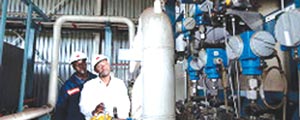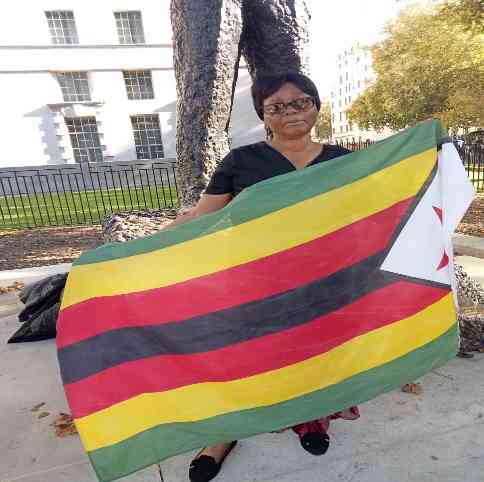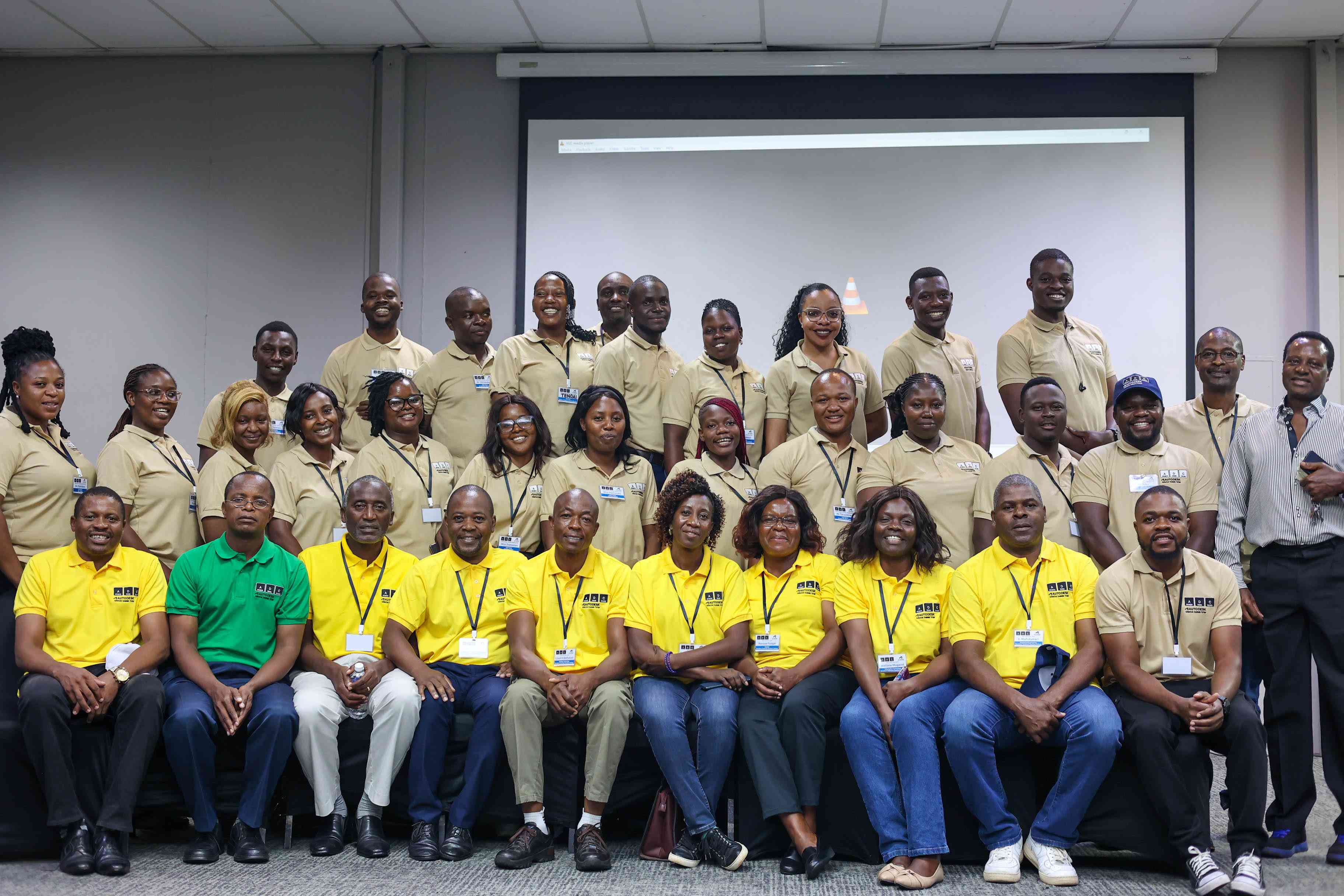
BINDURA Nickel Corporation (BNC) says the setting-up of a smelter is imminent as the mining firm is now in advanced talks with government to attain permission for the restart of the plant.
KUDZAI CHIMHANGWA BUSINESS REPORTER
BNC said it expects to restart the smelter and refinery by the end of the first quarter of 2015. BNC mothballed the smelter in 2008.
Addressing shareholders at the company’s 48th Annual General Meeting in the capital yesterday, BNC board chairman Kalaa Mpinga said $26 million would be required for the project, validated by an independent consultant, Hatch Goba.
“We will be funding it 50% through internal resources. Discussions are currently taking place and terms with financial institution to raise US$13 million towards funding of the restart are being negotiated. We are positive about a favourable outcome to those discussions,” he said.
Government says it wants local minerals to be refined locally so as to increase earnings from mineral exports and benefit communities.
The company noted that the restart of the smelter is in line with the national policy of local beneficiation and will therefore see increased benefits to the national economy.
Mpinga said project preparation work on the ground is well advanced while an application has been submitted to the Authorities for National Project Status as well as permission to restart the smelter and acquisition of all necessary environmental permits.
- Chamisa under fire over US$120K donation
- Mavhunga puts DeMbare into Chibuku quarterfinals
- Pension funds bet on Cabora Bassa oilfields
- Councils defy govt fire tender directive
Keep Reading
He said work preparations have started with engineering, design and key components completed.
“This work is progressing well and it will be a significant milestone in the history of the company,” he said.
It is expected that the smelter restart will see a significant reduction in transport and penalty costs associated with the sale of concentrate.
The amount receivable on the nickel content will also increase significantly.
BNC achieved a turnaround in profitability of $36 million year-on-year.
Nickel in concentrate production was 14% lower at 1 902 tonnes as underground mobile equipment was taken out of commission for refurbishment and due to mining of lower grade areas.
Profit after tax achieved was $24 million while capital expenditure was $7 million.
Subsequent to the year end, the market experienced an upward trend in nickel prices with the price at one point breaching $20 000 per tonne.
This trend was triggered by the January 2014 Indonesian nickel ore export ban.
BNC expects that if the ban is not reversed, it is likely to result in an increase in the cost of producing nickel pig iron (NPI) culminating in reduced NPI production in China.
This will ultimately cause an increase in the demand for primary nickel and ferronickel.
The average price during the quarter ended June this year stood at $17 745 representing a 26% increase compared to last year.
Mpinga said nickel sales stood at 1 871 tonnes and the firm was anticipating sales of 2 000 tonnes of nickel sales in the second quarter, in line with expected production levels.
Production of nickel in concentrate was down 14% to 1 902 tonnes due to a decline in tonnes milled, in head grade and in recovery.
Tonnes mined were 4% lower at 155 610 tonnes due to the impact of underground mobile equipment being taken out of commission for refurbishing.
This refurbishment forms part of an underground equipment rebuild programme to be completed by December 2014 which would facilitate the development and production ramp-up planned for the second half of the calendar year.











